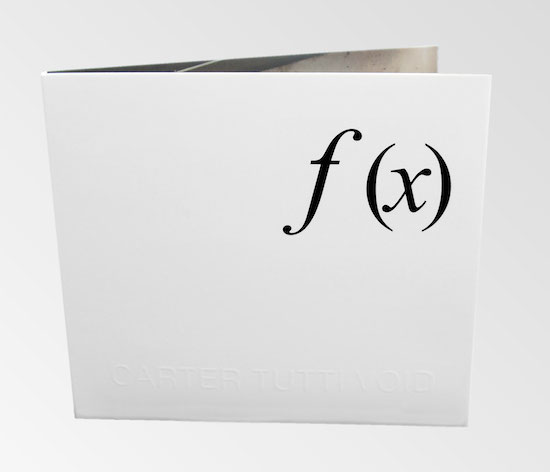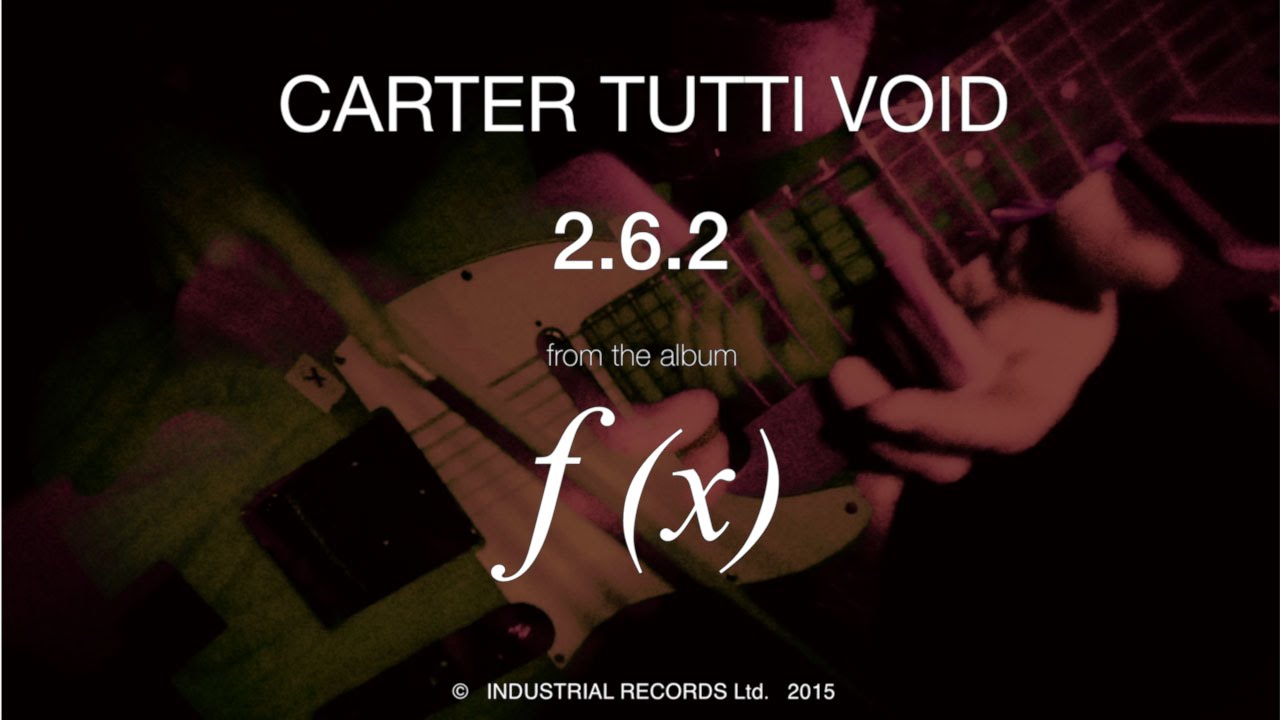Like "pop-up" shops, cafés and boutiques that have a distinctly permanent air, "immersive experience" is one of the asinine, misleading buzzwords of contemporary leisure activity. These hijack the aesthetics of what was once the leftfield for marketing purposes, a small sidebar in The Evening Standard‘s continued flogging of a monied vision of a London that’s becoming unrecognisable. They’re both symptom and microcosm of living in the Capital (and many other cities) today: an immersive experience and endless opportunities so long as you can afford it. There are exceptions of course, but by-and-large the "immersive experiences" sold as must-do activities for groups of young creative urban dwellers are a zoo of jazz-handing actors, the need to create an identity of one’s own replaced with the comfort blanket of fancy dress and, worst of all, a whole-hearted embracing of my generation’s greatest failing: cultural nostalgia.
Something similar has happened to a lot of contemporary music popular among similarly self-conscious consumers as targeted by the above. As Christian Eede pointed out in his review of Jamie xx’s deeply boring debut album In Colour, how can a tribute to London’s club scene end up sound so flat, so lacking in the intensity of the raving experience, where each person is their own weather system of energy and sweat amid a greater whole? This summer’s slightly-left-of-mainstream festivals have been marked by groups who are just so: similarly-dressed polite young things who, in constructing their just-so music; a little electro here, a little Scandipop there, something old, something new, something borrowed… alas, very little blue. To yearn for music that is harder and stranger, something more than accessory or polite aural wallpaper is frequently perceived as gauche, a reactionary throwback against the triumph of pap. Let’s not scare anyone. Let’s not threaten the readers. Let’s not make them think or feel.
In 2011, when Chris Carter, Cosey Fanni Tutti and Nik Void first united for their set at Mute’s Short Circuit Festival in the tiny Roundhouse Studio, the 200 or so of us who’d queued long enough to get in felt as if we were tapping into something shared between the three performers improvising onstage. As I wrote at the time, "as the people move, they are moved… there is no nihilism in this noise, nothing but a deep and wonderful sense of love." That this wasn’t a one-off sensation provoked by the nature of the event or whatever was enhancing our minds at that moment was proven by the success of Transverse, CTV’s debut LP that came from the night. That Carter Tutti Void is one of the most exciting cross-generational collaborations going today is further emphasised by f (x), the stunning follow-up.
I’ve seen Carter Tutti Void play live three or four times over the past 18 months, yet still don’t entirely recognise the six tracks here. There are fragments, mainly in the rhythms, but the energy captured in these 53 minutes has a remarkable sense of flux, as if the music is trying to escape record player, headphones, or laptop hard drive. I’m fairly sure this has something to do with how f (x) was recorded. Carter, whose richly textured beats puts most contemporary techno producers to shame, generated the initial rhythmic skeleton. They then convened in Chris and Cosey’s home studio in a former school in the Norfolk fens (what in tQHQ we call The C&C Music Factory) and recorded three largely improvised run-throughs of music, editing the resulting album together from them. The title, a mathematical formula where ‘f’ is a notation that has a universal effect on the input material ‘x’, is therefore a smart and apt one. The input here is sonic muck, the ‘process’ three people working in absolute harmony.
Just as was the case in the Roundhouse back in 2011, the immersive intensity of that method is palpable, and you don’t even have to be there in the room to experience it. The sensation of three musicians working off each other, responding, generating new sounds is undeniable and audible from opening track ‘1_f=(2.4)’ which, after a tentative start builds into the tactile, part-human, part-animal, part-mechanical beast that comes thundering over a flat horizon, chewing all before its path.
There’s no escape. Each of the six pieces has its own internal crescendo that then subtly impacts on the next, building a unforgiving internal logic. The dead vocal "nnneeeyoooon" on ‘2_f=(2.5)’ is that delicious moment when as a pedestrian one approaches a crossing and, despite the car headlights approaching, heads out across the Tarmac without breaking stride. At first it’s odd that this record, so perfectly suited for tarmacadam yomping, is made by three people who live in the sparsely-populated East Anglian countryside. Then again, that’s where you find its strength and what makes it more remarkable, for though this is all hard angles and artificial light flickering with rain, this is not music self-consciously Designed For Urban Living. You can sense that the moment of genesis was a beautiful claustrophobia, three individuals consumed by the very process. This is the sound of them marching up their walls – will you join them in the ascent?
The second half of the album is full-throttle in its determination to just keep powering ever onwards, building building, never relenting. Vocals, unrecognisable under effects, emerge over the punishing BPM. These are songs, but twisted ones, Cosey or Nik singing something like "A A A A A aya aya aya aya ohhhhhh…" words there but fragmented and broken, language chewed over the hissing piston kicks and whanging misused guitar of ‘5_f=(2.6)’.
I recently walked up through London Fields with f (x) playing loudly in my ears and forcing my feet into step with its command. I marched past Throbbing Gristle’s old Death Factory studio on Martello Street, the place where they recorded Heathen Earth, a live capturing of their sound that I feel in many ways is the best archival evidence of Carter, Tutti, Sleazy and P-Orridge working in absolute harmony. What an immersive experience that must have been, what an all-consuming experience it is now, in the summer of 2015, to be metres away from that spot with f (x) roaring through my nervous system. It’d be foolish to pine for the days when London Fields was desolate, run-down frontline between criminals, the National Front and local gangs, yet the swift and unfortunate changes that have happened to London are writ large all around it. There are the numerous unaffordable housing developments surrounded by hoardings featuring dead-eyed models all around the local area. Secret Cinema, the overlords of wallet-raiding immersive experiences, are based in a converted warehouse (what else?) near here. Down the other end of that pleasant London park is a dry corner of grass where people like to sit, pose, breath deeply on balloons for a transitory high, and drunkenly piss against the fence with such enthusiasm that the council have had to install barriers. That’s an immersive experience of the contemporary sort too, I suppose, of sitting in a piece of dead ground where lots of people exactly like you will also sit, congratulating each other on the fact that you’re there. Last time I interviewed Cosey Fanni Tutti she mimed shaking the turf like a tablecloth to remove this detritus, and return London Fields to what it should be.
These are tough, tough times in London, where creativity is being strangled by commerce as more and more artists and musicians are forced to leave the capital, where art and entertainment are dumbed down as they become the preserve of a young professional elite. This climate exacerbates personal anxieties, puts relationships under unbearable pressure, makes recovering from their failure impossible. What I, and I suspect many others, yearn for to help us in the struggle against all this bullshit is not music as a panacea, a LOL, a pretty escape, but as an almost magical force that encompasses art and politics and life in which to get lost and from which to take power to keep on going. f (x) is a record, sure, released on vinyl, digital and compact disc, but it’s also a mantra, an inspiration, a bold and pure statement.
<div class="fb-comments" data-href="http://thequietus.com/articles/18681-carter-tutti-void-f-x-review” data-width="550">



